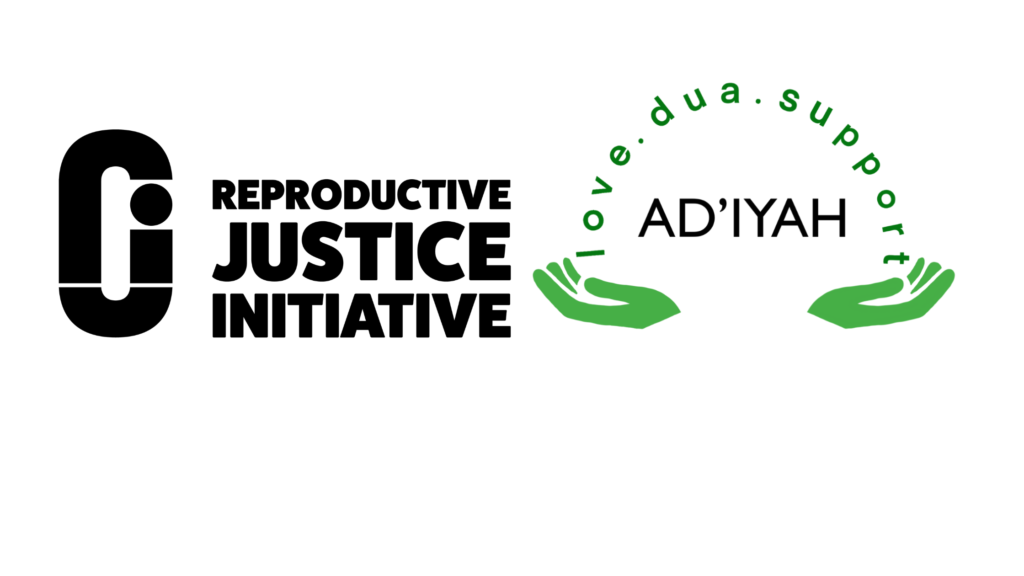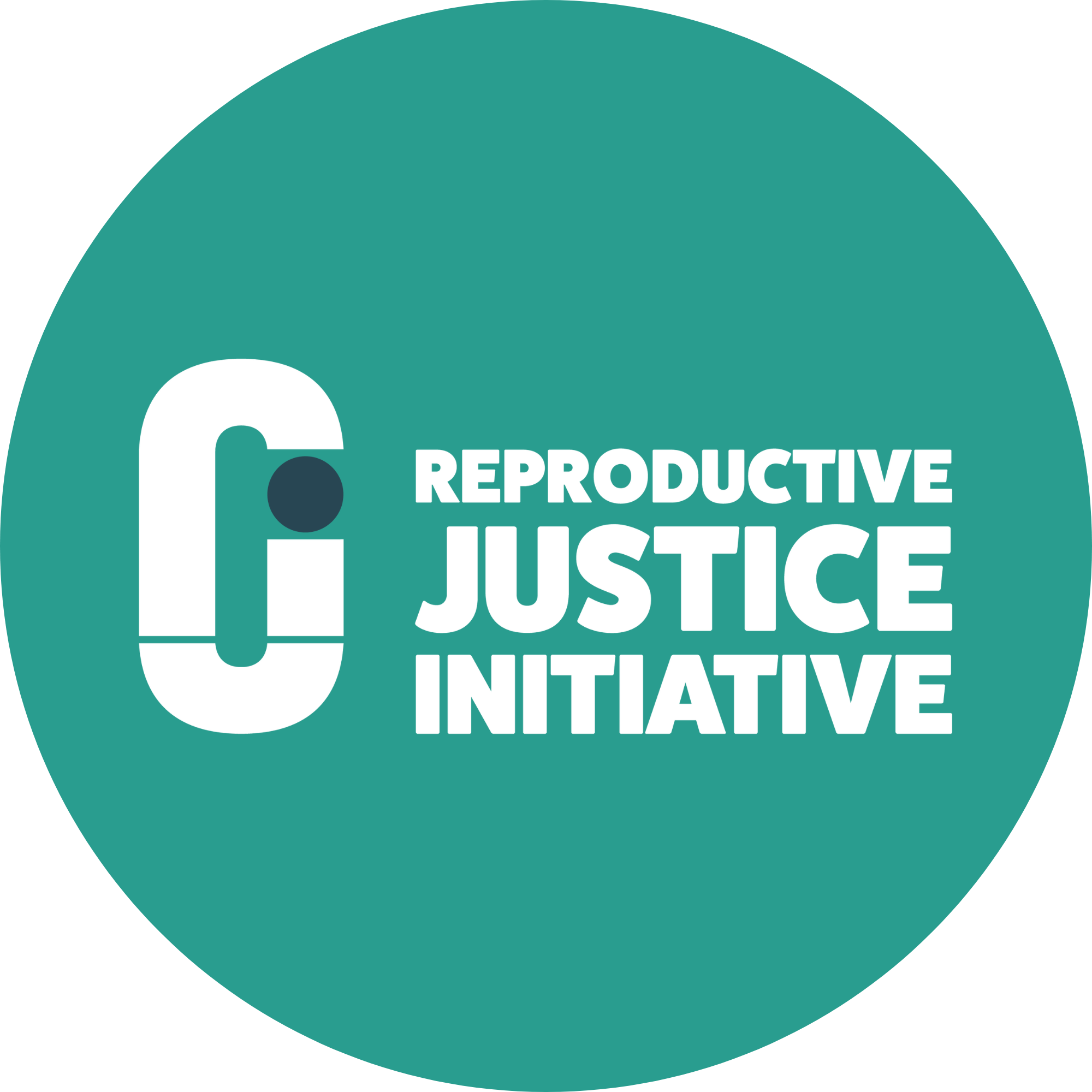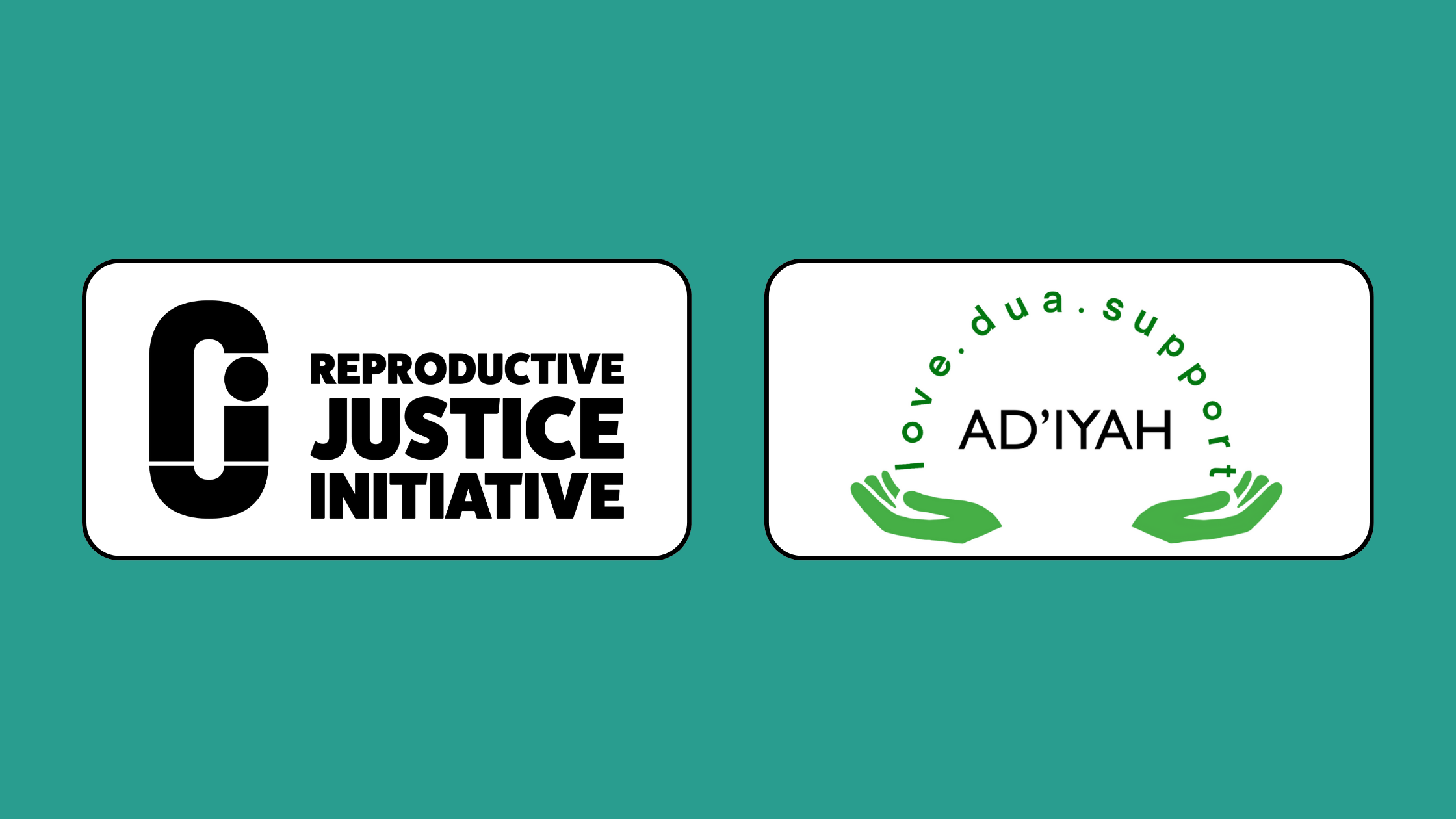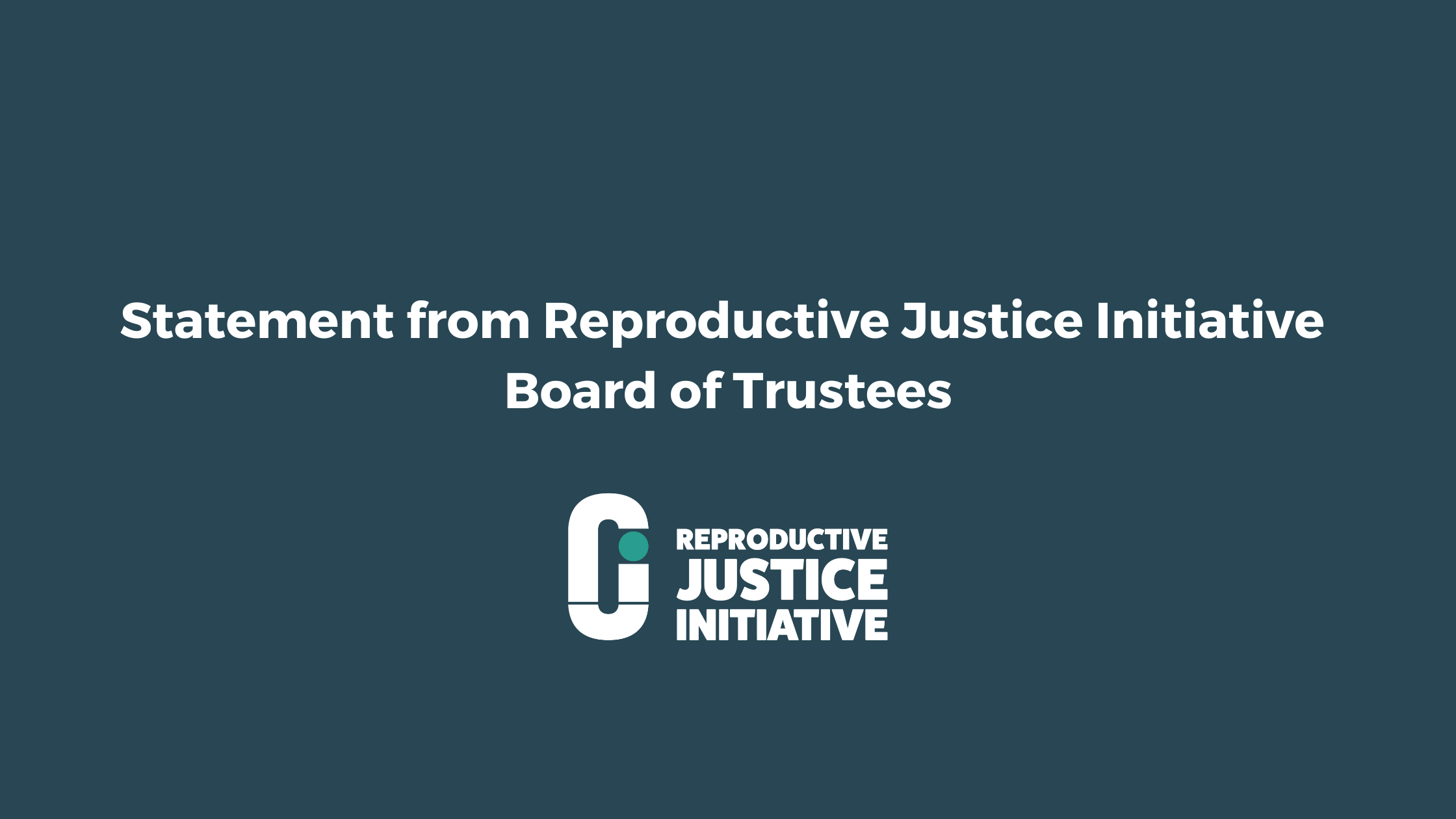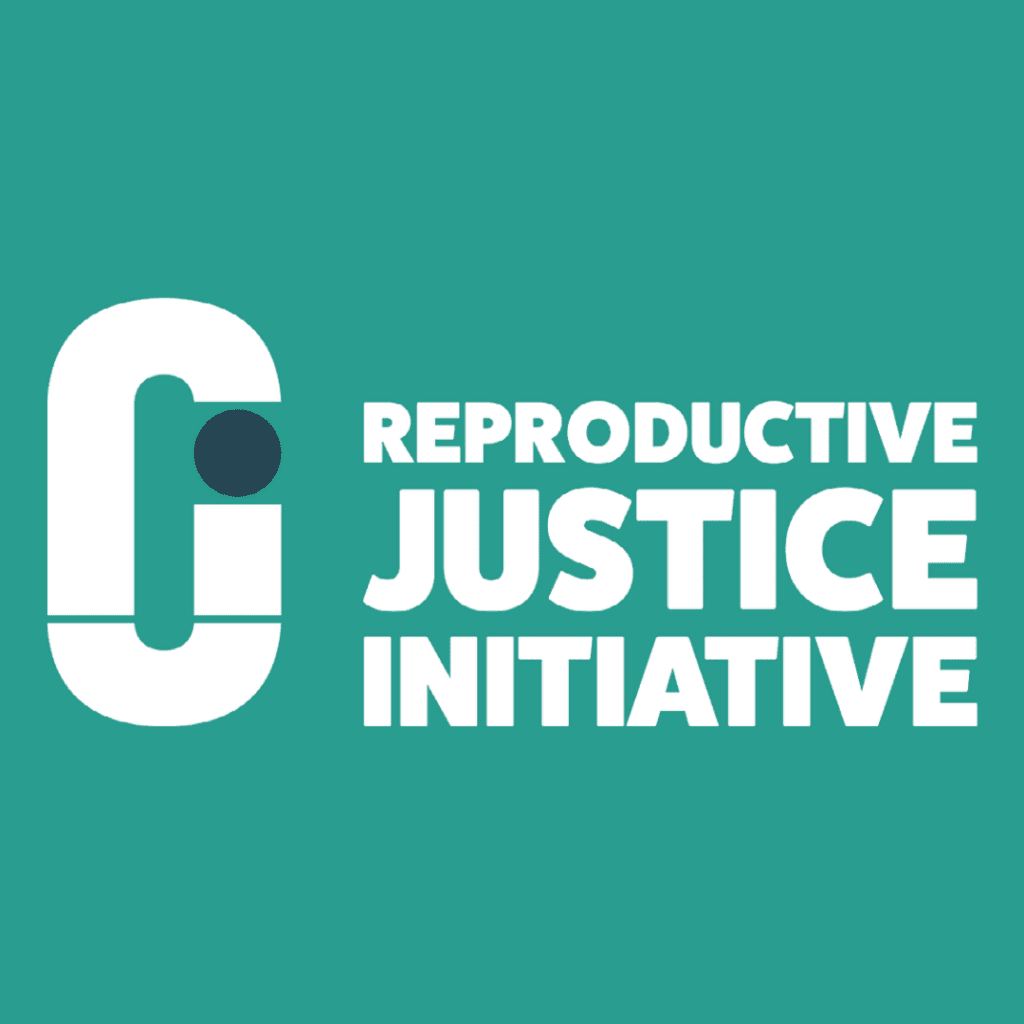We acknowledge receipt of the letter from BPAS dated the 8 March 2024 (‘Letter’).
On 7 March 2024, the Reproductive Justice Initiative (RJI) and the Ad’iyah Collective published a public statement (‘Public Statement’) regarding an image that BPAS disseminated on 3 March 2024 (‘Image’). The Letter from BPAS was a response to our Public Statement.
The Public Statement highlighted the insidious legacy of colonisation prevalent in the language and actions of sexual and reproductive health (SRH) services in the UK. We would like to reiterate that the image was symptomatic of wider, harmful trends exhibited by the sector, including BPAS. Unfortunately, we did not find that the contents of the Letter adequately engaged with the requests in our Public Statement.
Whilst we welcome the removal of the Image, that alone is not adequate. The Image contributes to the legitimisation of racist tropes that actively harm individuals from minoritised communities. Per our original request on the 7 March 2024, we again call on BPAS to make a public apology.
The Image
We note that BPAS is the largest provider of abortions in England. In addition, BPAS also wields considerable influence in UK-based abortion advocacy, research and clinical outreach. As such, there is an onus on BPAS to speak factually and responsibly.
The background of the Image included in the Letter demonstrated a lack of insight into the basis of our complaint in the Public Statement. We acknowledge that it may not have been the intention of BPAS to present “a reflection on the societies, communities, and women who make them up”. However, we at RJI and the Ad’iyah Collective are providing feedback as individuals and organisations that work with, research, and have lived experiences of racism in SRH settings.
To state that the UK is not on the “right side of history” is to position the three countries (Afghanistan, Syria, and South Sudan), on the wrong side of history. It presents the three countries – their societies, communities, and people – as regressive and inherently backwards. The language is also suggestive of British exceptionalism, where women and people in England & Wales are more deserving to be freed from legal subjugation than those in countries “on the wrong side of history.” These racist and Orientalist tropes are a fundamental basis of the ‘race science’ that made colonialism permissible as recently as the 20th century.
Furthermore, for BPAS to evoke historical positionality bears a weight of responsibility. BPAS neglected to reference that all three countries cited in the Image bear the legacy of British colonisation. Whilst we welcome the Letter’s acknowledgement that the “global subjugation” of the countries’ restrictive abortion laws are a historical legacy of the Offences Against the Person Act 1861, we are disappointed that this was not publicly communicated.
Finally, whilst we do all agree that the decriminalisation of abortion is required in England & Wales (and beyond), this demand should not be made through racist comparisons that callously appropriate Black and Brown bodies as the campaign’s punchline. It is, without a doubt, possible to urge action around the decriminalisation of abortion without drawing such problematic and ahistorical comparisons.
For RJI and the Ad’iyah Collective, the decriminalisation of abortion is a step towards realising reproductive justice and the universal enfranchisement of the bodily autonomy of every individual that wants an abortion. This enfranchisement must be accompanied with respect and care for every person that requires an abortion.
We welcome that the messaging and language used in the Image has been removed from other media and campaigning materials from BPAS. However, a public harm was created by the publication of the Image. We have seen in recent years in the UK, how casual, racist rhetoric can embolden some in society to conduct real-life violence and harm. Accordingly, we continue to call for a public apology from BPAS.
Treatment of previous patients at BPAS and beyond
In the Public Statement, RJI and the Ad’iyah Collective shared that we have knowledge of individuals who had experienced harm from discriminatory approaches to abortion care at BPAS and other abortion providers in the UK. Our reference to the instances of harm was broad and non-specific to protect the anonymity of those complainants.
At this time, RJI and the Ad’iyah Collective do not feel it would be safe or fruitful to share those specific stories with BPAS. We are organisations committed to inclusivity across all characteristics, including ethnicity and gender identity, in our practice, research, and advocacy. To our knowledge and experience thus far, this is not a standard shared by BPAS. We therefore cannot, in good faith, invite harm into the lives of the persons who trusted us with their stories, unless adequate and holistic protections are put into place.
We also note that the individual experiences are reflective of a culture change required by the wider SRH and abortion sector. We would welcome meaningful efforts by the UK SRH and abortion sector to decolonise their language and practice, and call on BPAS to take this opportunity to take action both within and beyond the organisation.
The Ad’iyah Collective
Per the request in the Letter, we have shared its contents with the Ad’iyah Collective. However, we would like to highlight that the contact details for the Ad’iyah Collective are readily available on their website and social media.
Finally, we again ask that, moving forward, BPAS commits to decolonising your language and culture to deliver inclusive services, research and advocacy.
Reproductive Justice Initiative and the Ad’iyah Collective
